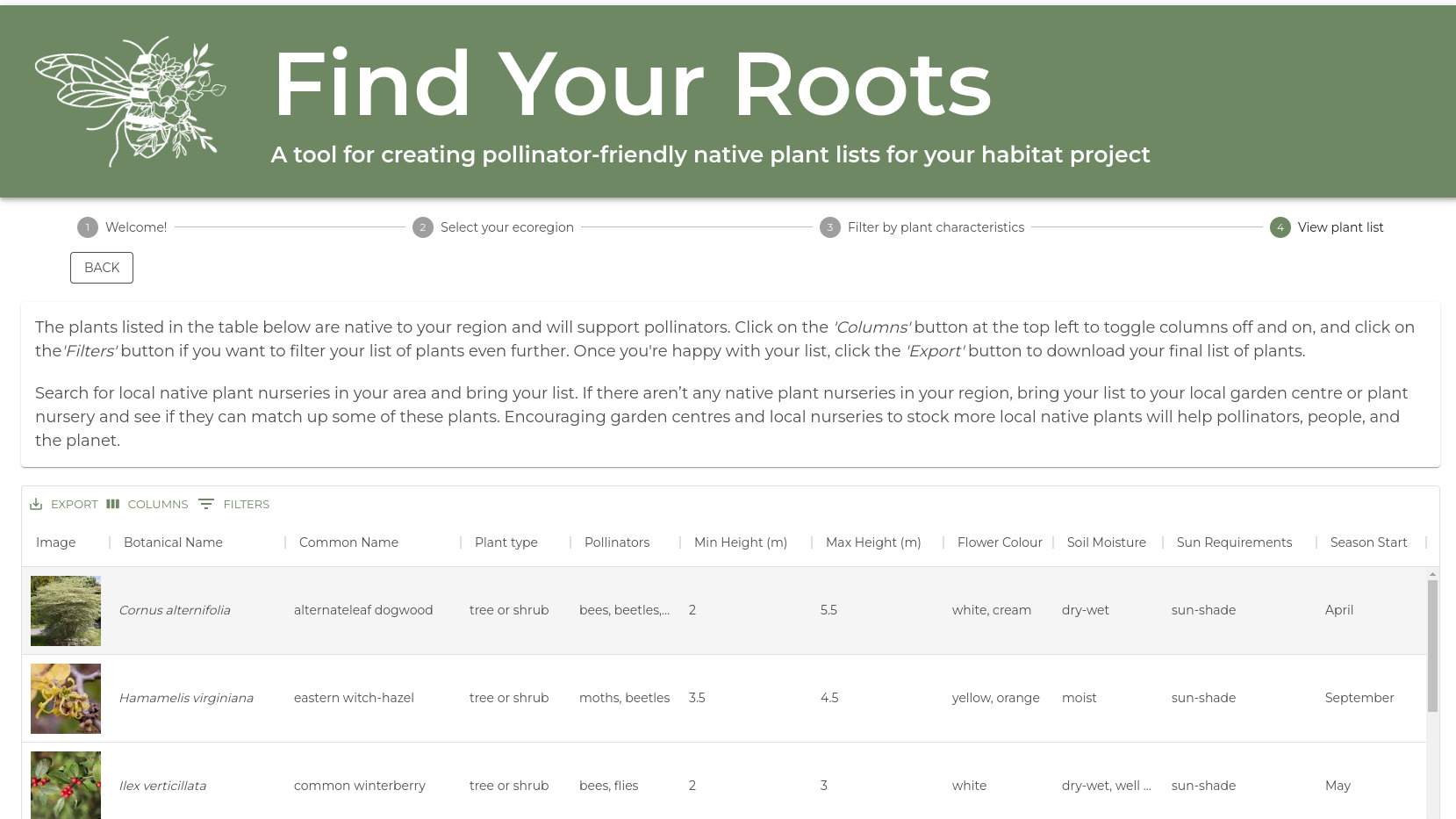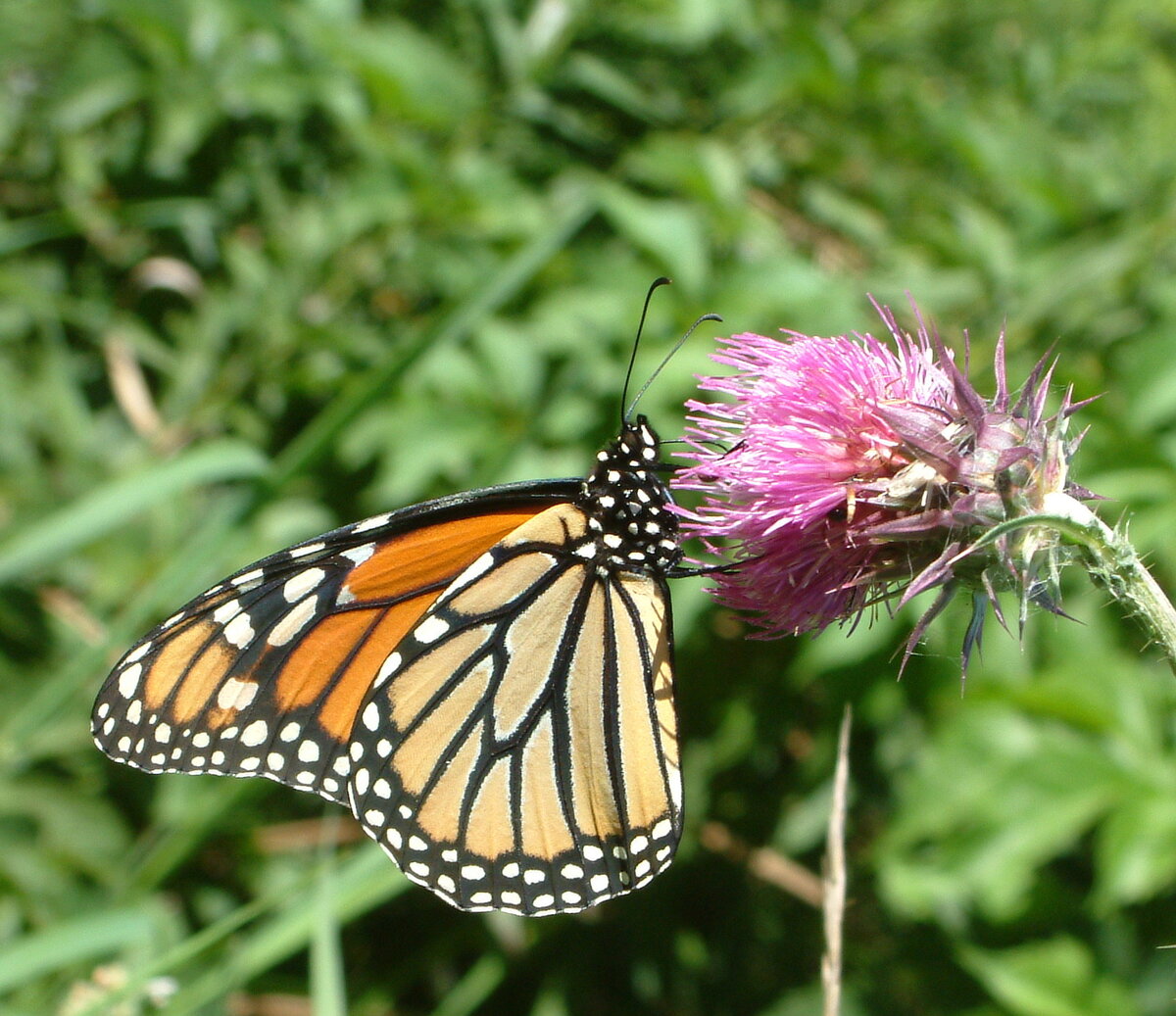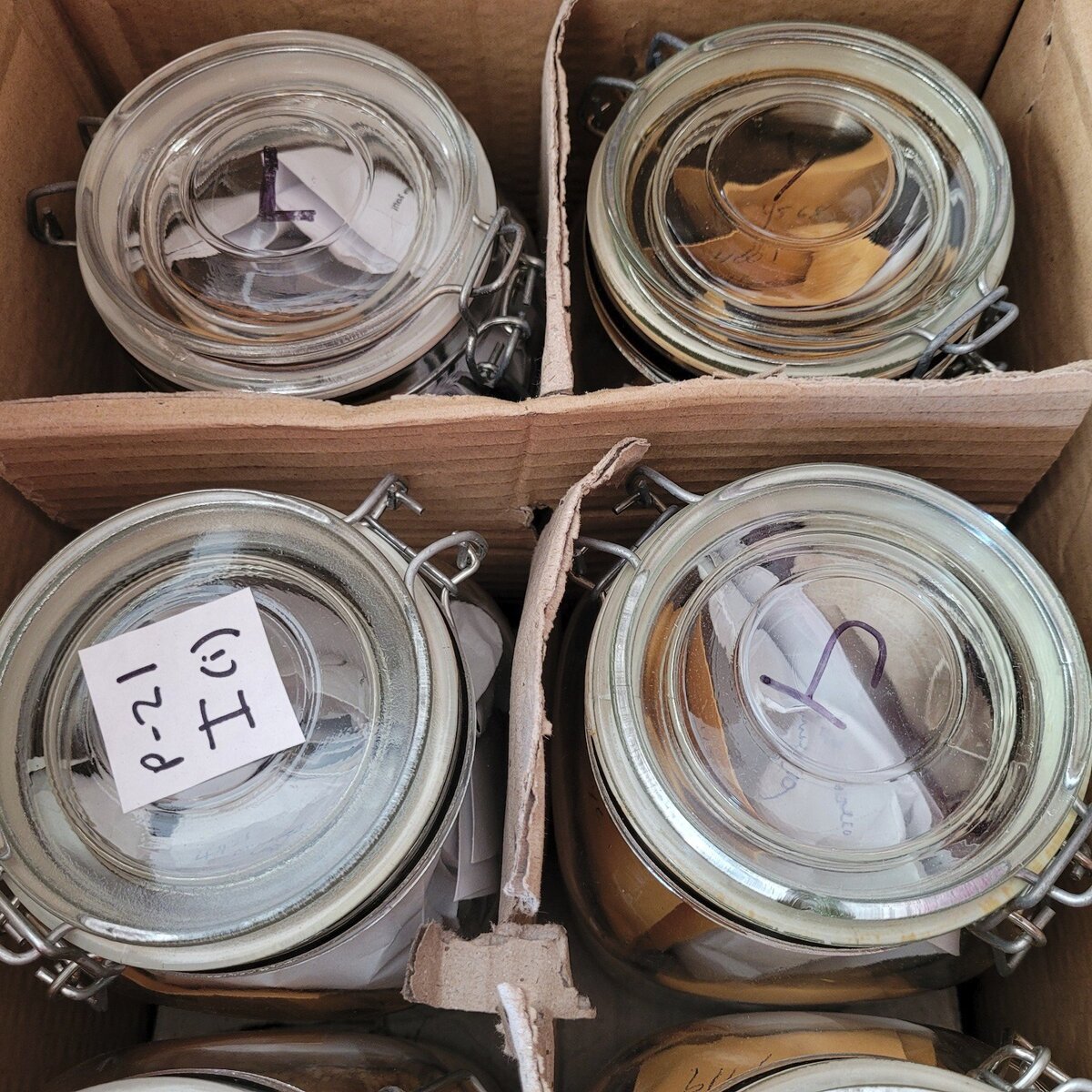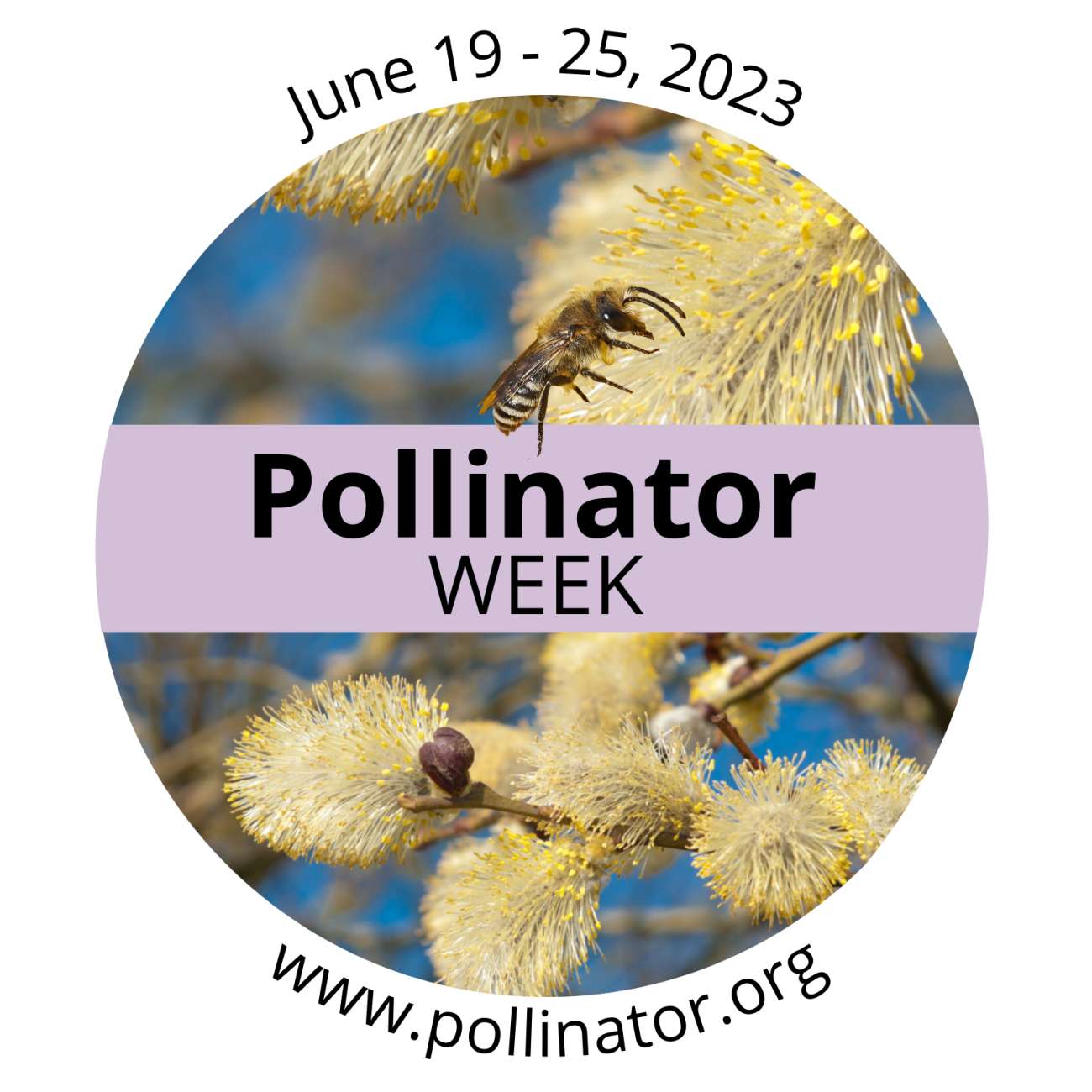Happy Pollinator Week!
This week is Pollinator Week in Canada and the U.S. so we're celebrating the bees, butterflies, hoverflies, moths, and other insects that make our gardens grow.
It's a time to raise awareness for pollinators and spread the word about what we can do to protect them. The great thing about Pollinator Week is that you can celebrate and get involved any way you like! Popular events include planting for pollinators, hosting garden tours, participating in online bee and butterfly ID workshops, and so much more.
Check the map at pollinatorpartnership.ca to find an event in your neighbourhood. And if you don't see one there, remember that Pollinator Week happens this week every year, so you have time to plan one for 2024!
How to Choose Pollinator-Friendly Native Plants

If you're looking for pollinator-friendly native plants suited to your region, climate, and soil, our best recommendation is the Find Your Roots online plant selection tool from Pollinator Partnership Canada.
For many years, our friends at Pollinator Partnership Canada have researched native plant/pollinator interactions and published a series of Ecoregional Planting Guides to help gardeners, farmers, and habitat restorationists find the most appropriate species to plant. The Guides are available for free, and now you can search the databases behind these guides to make your own native plant lists based on your specific criteria.
Pollinator Photo Adventures
 When you watch bees and other pollinators visit your flowers, and start to learn to recognize some of them, it's natural to try to take some of those amazing photos that you see on pollination posters. It turns out that photographing bees is hard, not because they're dangerous but just because they're small and they move fast. Here are a few simple tricks to getting great shots of pollinators in action though, so try these out and see what you can capture with your camera!
When you watch bees and other pollinators visit your flowers, and start to learn to recognize some of them, it's natural to try to take some of those amazing photos that you see on pollination posters. It turns out that photographing bees is hard, not because they're dangerous but just because they're small and they move fast. Here are a few simple tricks to getting great shots of pollinators in action though, so try these out and see what you can capture with your camera!
Youth Explore Food System Careers, Again

Think back to when you were 15 years old… Did you know what you wanted to do with your career and your life after high school? Did you know how to make it happen, or who to ask for guidance? Did a food career ever cross your mind?
As part of our Youth in Food Systems program, we have been running an interview series project that gives high school aged volunteers a chance to interview professionals and students in the agricultural and food sectors, to learn about their jobs and experiences. This allows for them, as well as anyone else viewing the interview, to better understand the plethora of important and interesting jobs available within our food systems.
Are Seed Libraries Legal? (Yes, they are)

As we continue with our Seed Libraries Across Canada series this year, we want to revisit an issue that has been asked of us more than once in recent times: Are seed libraries legal? Are people allowed to share, swap, or trade seeds in an organized way?
Yes, seed libraries are legal. And yes, people are allowed to share most seeds quite freely.
But there’s a bit more to it... Let’s get into the nitty gritty a little bit.
In this issue
How to Choose Pollinator-Friendly Native Plants
Youth Explore Food System Careers, Again
Are Seed Libraries Legal? (Yes, they are)
Not yet a member?
An annual membership to Seeds of Diversity gives you access to our seed exchange, seed grow-out programs, and our online news.

We depend on donations to do our work.

Thank you for your support!

